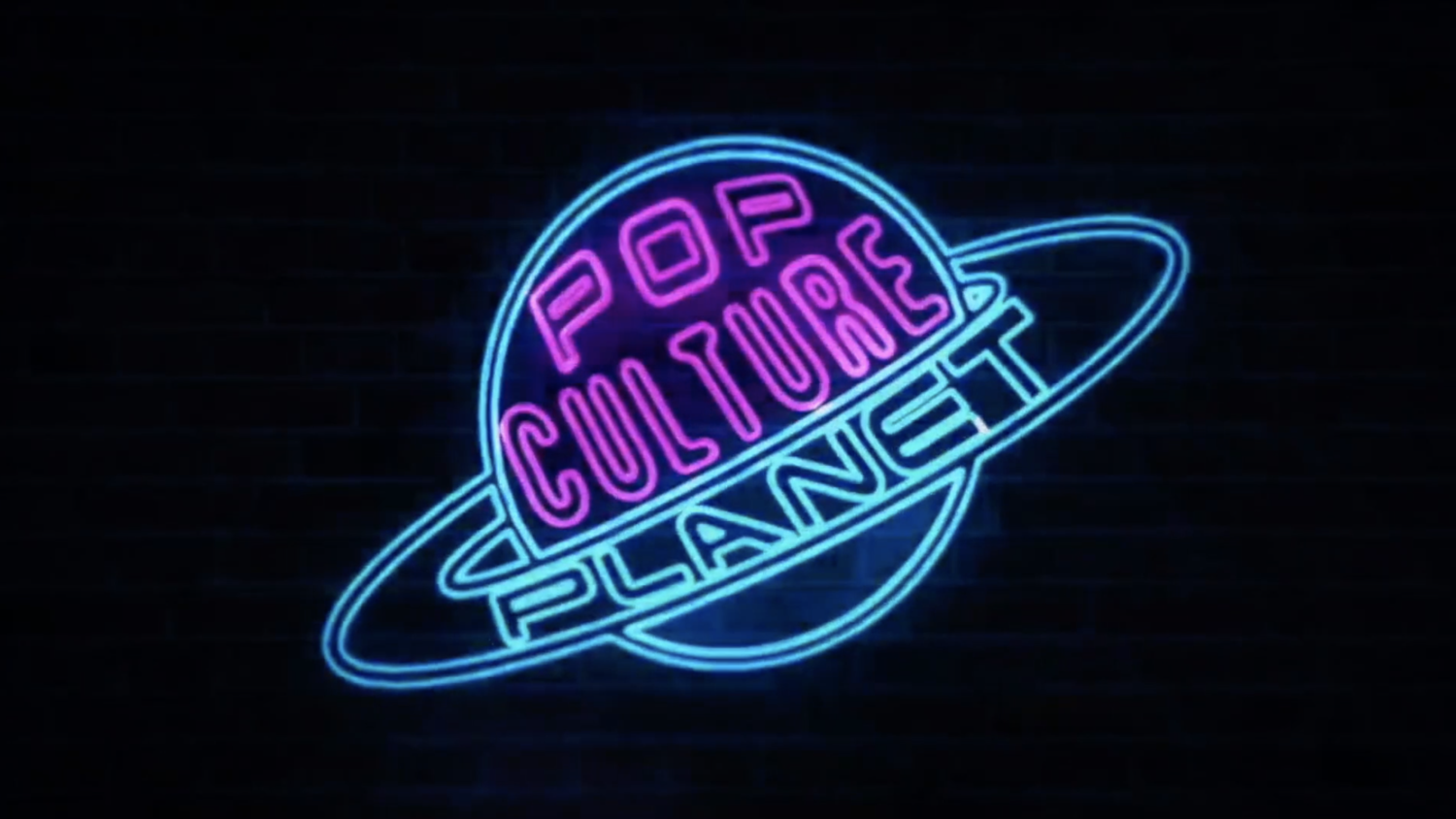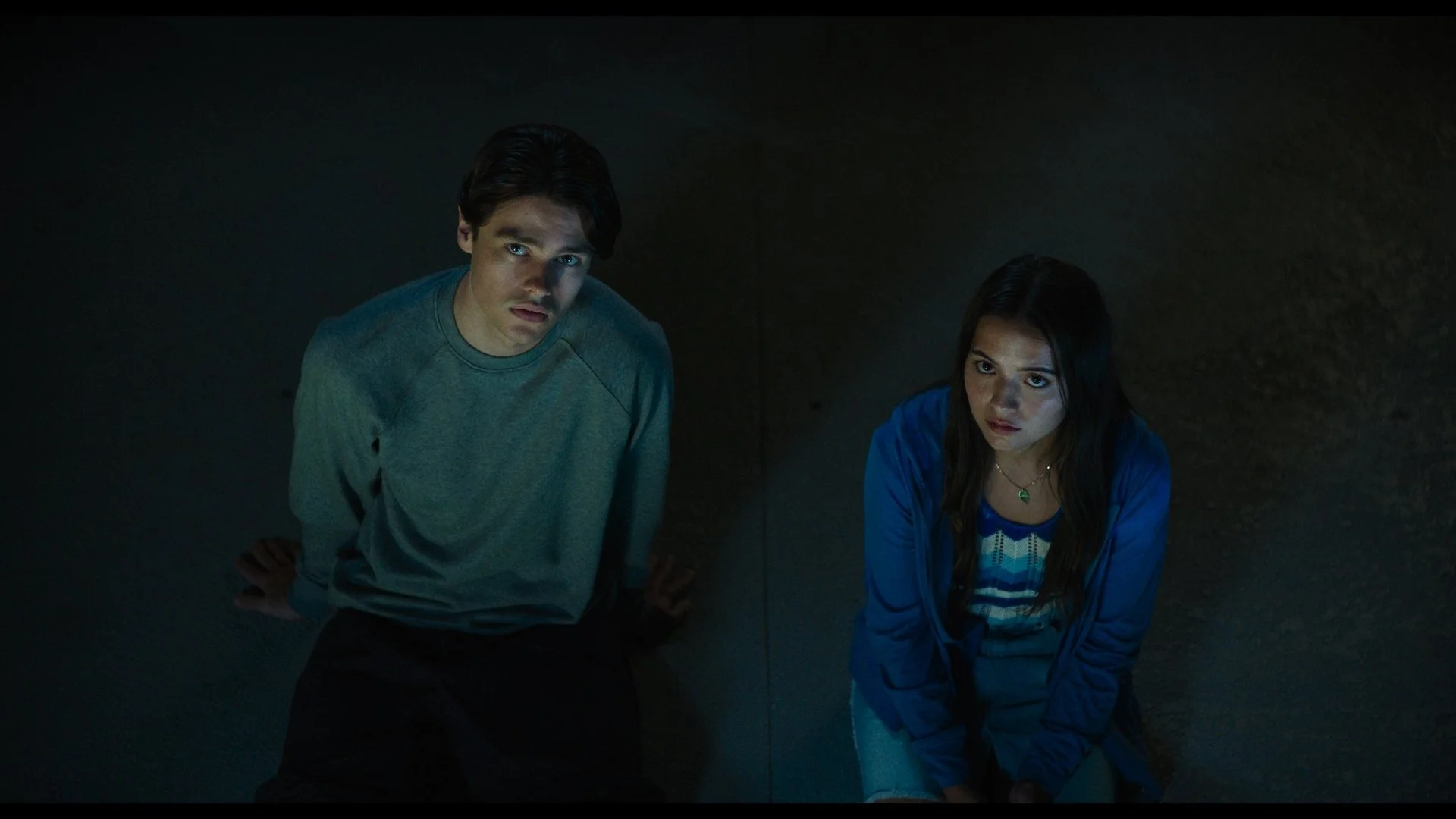Turtles All The Way Down Is Asking All The Big Questions
Turtles All the Way Down marks the sixth John Green adaptation and, by now, we have a clear understanding of what to expect. Hundreds of thoughts may run through your mind, but one thing is certain: you’ll be delving deep into the complexities of the teenage experience and the nuances of first love.
Max’s new movie adaptation of Turtles All the Way Down follows the story of Aza (Isabela Merced) who struggles with her crippling OCD and the loss of her father. Aza is like any teenage girl, except her mind is overrun with paranoid thoughts about germs and contamination. Although she sees a therapist, she refuses medication, managing her condition but not truly living — that is until Davis (Felix Mallard) returns to town. The prospect of intimacy with him, terrifying as it is, sparks a desire in Aza to experience love. And that’s where it all begins…
Before we know who Aza is, we know who her disease has shape her to be. The film opens with visuals of her cells moving and screeching as if we're in a haunting science fiction movie. Her voiceover begins, “Did you know human beings are almost 50% microbial? That means half the cells that make up your body don’t even belong to you.” It’s evident that Aza has OCD, but it's also obvious that she’s just like any struggling teenager. She reflects, “If you think about it, there is no 'you.’ You're not real, you're fictional.” Isn’t that a sentiment many teenagers share? A lack of control or understanding of oneself is a broader human experience.
Aza is so trapped in her mind that the world around her often just fades away. She has her best friend Daisy, but she’s her exact opposite: wild, free, and talks too much for her own good. Their relationship, crucial to both, is a struggle in itself. This narrative isn't merely about a teenage girl with OCD finding a guy who makes her feel almost "normal" and alive. It's about a young woman coming to terms with who she is and her place in this world. We follow Aza through a journey of love, self-discovery, and acceptance, grappling with relationships and grief — not just for her father, but for the woman she thinks she's supposed to be. It’s tastefully realistic.
One of the major highlights of the film is Aza and Daisy’s relationship, which didn’t get as much screen time as it deserved. Cree Cicchino was spectacular as Daisy, with her flamingo hair color and adventurous spirit. She was so relatable and easy to like. However, Cicchino's talents seem lost as she remains a side character. If the film had explored Daisy’s storyline further, Cicchino could have shined even brighter. Initially, Daisy's relationship with Aza is plain and simple: they’re best friends who do everything together, a very traditional high school dynamic. But we soon discover that Daisy isn’t as satisfied with their friendship as she pretends to be. This climax was particularly interesting to watch unfold. It seemed as though Daisy had done something terrible by keeping her true feelings about Aza a secret, but Aza’s pain doesn’t negate Daisy’s reality.
I may have loved the relationship between Daisy and Aza, but I wasn’t convinced one bit that Davis and Aza were interested in each other. Mercado delivered a convincing performance as Aza, but the chemistry between Aza and Davis just wasn’t there. It wasn’t the actors, but the characters who felt distant. They were bonded by the past and, as Aza said, their “hearts are broken in the same places,” but they weren’t passionate. You have to do more than have a few deep conversations and look at each other longingly to compel an audience. Their romance was one-dimensional. They both just needed someone to help them through this difficult time. When you think of John Green, you think of Hazel Grace and Augustus Waters from The Fault In Our Stars, who were nothing if not passionate and in constant awe of each other. Davis and Aza’s lack of passion makes it clear this is not just another romance movie.
One of the most important relationships any teenager can have is with their parents. Aza lost her dad, who she is still very tied to. He made her feel whole, like she wasn’t losing her mind. Her mom makes her feel sheltered and as if she could crumble at any moment. She longed for the confidence her dad gave her, which in turn made her resent her mom. But more than that, it made her hate herself and feel incapable of having an intimate relationship.
We can’t discuss relationships without addressing the one Aza has with her disease. She feels unreal, intangible — and director Hannah Marks allows us to delve into the depths of Aza's mind through her thought spirals, depicted through voiceovers and microscopic visuals of colorful microbes. This is the essence of filmmaking: getting comfortable with discomfort and exploring the most vulnerable parts of oneself — the mind. To truly know someone’s mind is to understand them deeply, and this is the most intimate way to portray Aza’s OCD on screen for audiences to feel they know her.
Aza is navigating questions that everyone faces: Who am I? Am I really myself? Is my mind truly my own? Do I have any control? There is no definitive answer. The story doesn’t offer a neatly wrapped conclusion to these existential inquiries. Instead, we’re left with hopes, dreams, and maybes — mirroring the uncertainty of life itself.
It’s turtles all the way down… and it’s now streaming on Max.







